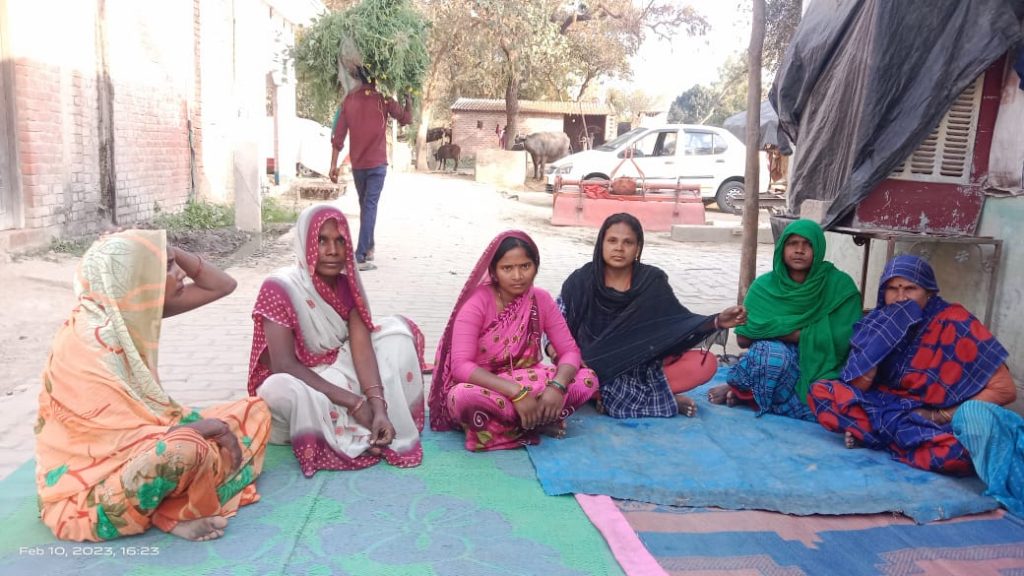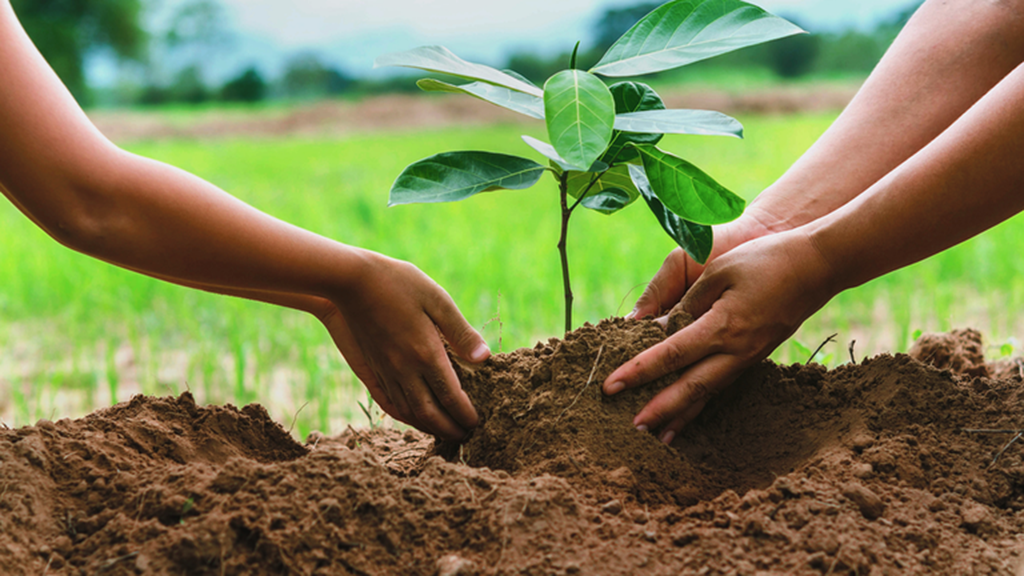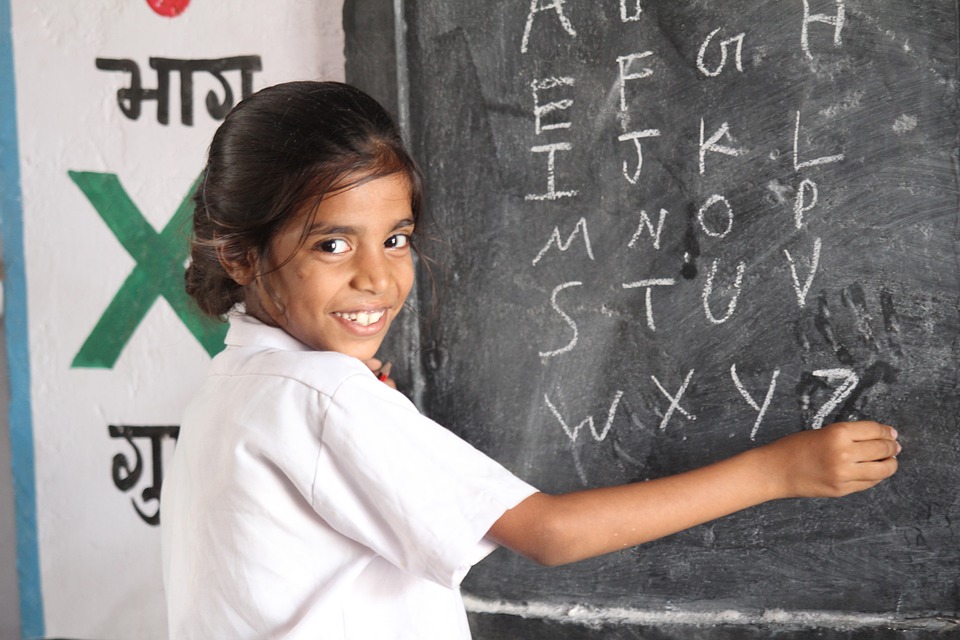Water – Not a Luxury but a Necessity
Water is a vital resource for life on Earth. It is essential for our survival, and yet, it is a finite resource that is becoming increasingly scarce due to climate change and human activities. Water conservation is an important practice that helps us to use this precious resource wisely and sustainably. By conserving water, we can reduce our water footprint and ensure that there is enough water for future generations.
Here are some tips for conserving water:
1. Fix Leaks: Leaking pipes, faucets, and toilets can waste a significant amount of water. Fixing these leaks can help you save water and money on your water bills.
2. Use Low-Flow Fixtures: Low-flow showerheads, faucets, and toilets use less water than traditional fixtures. These fixtures can reduce your water consumption without sacrificing performance.
3. Use a Watering Can: Instead of using a hose to water your plants, use a watering can. This can help you avoid over-watering and save water.
4. Install Rain Barrels: Collecting rainwater in barrels can provide a free source of water for your plants and reduce your water consumption.
5. Use Native Plants: Native plants are adapted to local conditions and require less water than exotic plants. Planting native plants in your garden can help you conserve water and support local wildlife.
6. Turn Off the Tap: Turn off the tap when brushing your teeth or washing dishes. This simple action can save a significant amount of water.
7. Use Efficient Appliances: Use energy-efficient washing machines and dishwashers that use less water. These appliances not only conserve water but also save energy and reduce your utility bills.
Water conservation is a crucial practice that helps us to protect our environment and conserve this precious resource for future generations. By adopting simple water-saving habits in our daily lives, we can make a significant difference in the amount of water we consume. Additionally, supporting conservation efforts through advocacy and financial support can help ensure that water remains a sustainable resource for all. Let us all do our part to conserve water and protect our planet.
Water – Not a Luxury but a Necessity Read More »





